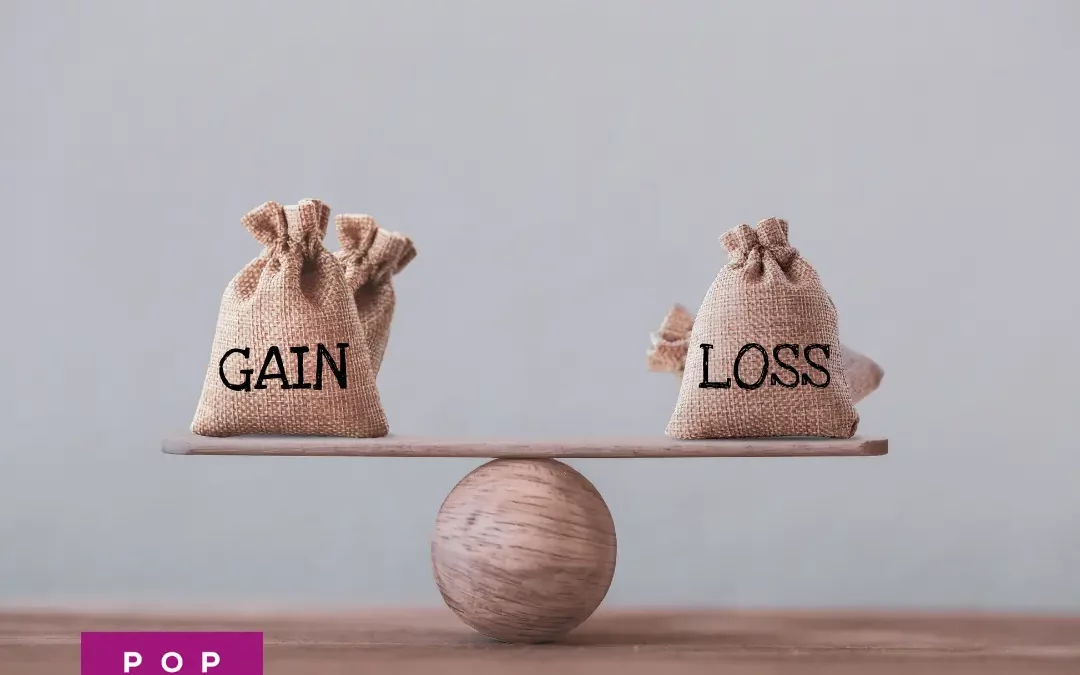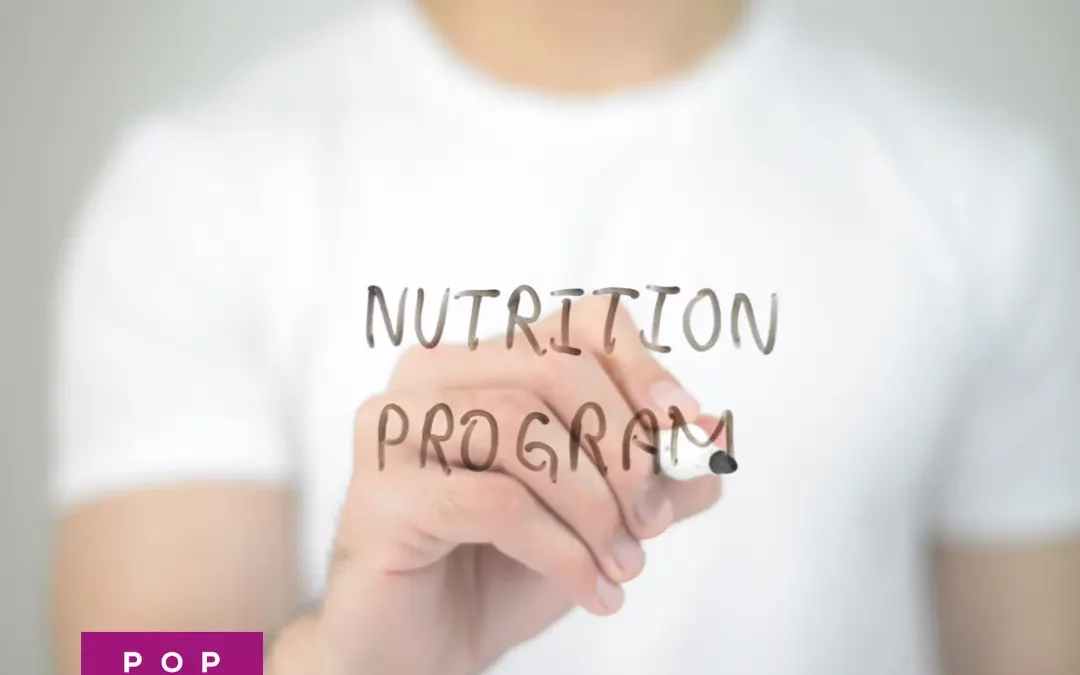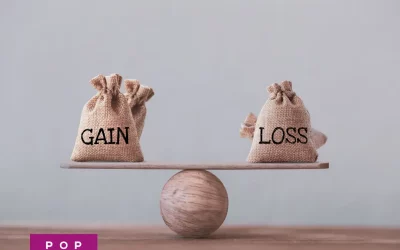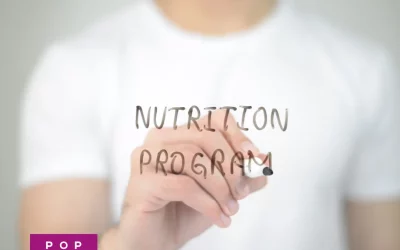Why do we emotionally eat? Like, what’s happening in our bodies and brains that make us do it when we know we shouldn’t??
This was a question I got on a consultation call, and it’s a fantastic question.
WHY we emotionally eat
Let’s address WHY it happens, and most importantly, what to do about it.
First of all, it’s perfectly normal. When you’re stressed, sad, angry, or even euphoric … food can be a great outlet.
It can provide comfort. It’s reliable. Predictable. And, it produces some feel-good neurotransmitters like dopamine and serotonin.
You’ve been conditioned your entire life to feel a certain way after eating a meal.
You’ve even been conditioned to use food as a reward. Or, maybe even as punishment.
We train animals this way and all habits are formed with the exact same process.
Trigger – behavior – reward.
For example, trigger (a hand gesture or voice command), behavior (sit), reward (a treat).
Even dogs who are lacking in the intelligence department can follow along (cough, Leia, cough. It’s ok … she gets by with her stunning looks and killer personality).
Anyway, the reward that solidifies the behavior can even be your body’s own dopamine system.
Like completing a task and checking it off your to-do list will trigger a dopamine response.
And, that dopamine system is powerful AF.
Over the years, your brain has created a hierarchy of reward from different foods.
In other words, your brain knows that the dopamine hit will be much greater with a piece of cake than it will be with a piece of broccoli.
Which explains why you never grab the broccoli during times of distress or sadness.
The temporary dopamine hit from the piece of cake feels like sweet relief for a moment, so you crave more.
Which explains why emotional or stress eating is rarely done in moderation.
Adrenaline and cortisol can influence hunger and satiety signals as well.
So, you can see how it creates the perfect storm of over indulging.
Once again, this is perfectly normal.
It also makes sense physiologically because carbs will help lower cortisol and increase serotonin so you may find yourself in a carb feeding frenzy when stress and/or emotions are running rampant.
So, what can we DO about emotional eating?
Ok, so now we know WHY we emotionally eat … but what can we do to stop it?
For starters, it’s going to happen. So, let’s begin with acceptance that when it does happen, it doesn’t make you a bad person.
Feeling shameful for a natural response only adds insult to injury.
The objective is to create more awareness and be better equipped more often than not.
Essentially, we want to reduce the frequency.
The most effective strategy is a pattern disrupt.
Those conditioned behaviors are so ingrained in us that they become automatic.
It requires zero mental energy. It’s like your body is on auto-pilot.
So, we need to bring attention to the present and interrupt the pattern.
This can be accomplished with a pause or delay in the action, changing your environment, or activating your vagus nerve with some deep breathing, singing, or humming.
Sound weird? Then, start with simply leaving the room before you act.
Set up a rule where each time you go to grab something due to stress or emotion, you leave the kitchen for 5 minutes.
Then, assess and make a decision from there.
It’s ok to go back in the kitchen and eat.
Once again, the objective is not to be perfect.
We just want to interrupt the automatic pattern.
The more we disrupt the old pattern, the more new patterns start to form.
This is something we work on with our 1:1 clients … helping them create new behavioral patterns that align with their goals.
One of the most valuable pieces of information in this process is knowing their Neurotype.
Because it gives us insight into their behavioral tendencies. Knowing your brain chemistry means we know if you’re more likely to stress eat, emotionally eat, binge eat, or struggle with perfectionist tendencies.
Then, we make sure that our clients are managing their stress more effectively so that they don’t find themselves in those situations as often.
This can be accomplished through nutrition, movement, and lifestyle practices.
Ultimately, it helps tremendously to be fueling adequately so your body is not in a constant state of deprivation and preservation.
We often find that by simply going through our metabolic priming phase, our clients no longer feel the need to over indulge and the occurrences naturally become less and less.
There’s also a lot of value in eating the right combination of foods based on personality, training, lifestyle, and goals.
Once we have some of those pieces established, we make sure our clients have the highest level of freedom and flexibility, which once again reduces the need to over indulge and helps them enjoy the process more.
This methodology has produced consistent results in our 6 month, 1:1 coaching program where our clients average between 20-30 lbs. down and completely heal their relationship with food.
If you’re interested in knowing if you’re a good fit for the program, shoot me a message on Facebook.
We’ll have a quick chat and if we both decide it’s a fit, we can get started right away!







